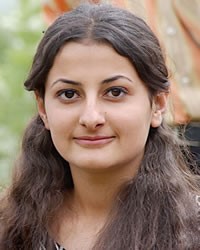Kurd, Southern
 Photo Source:
National Archives
Photo Source:
National Archives
Licensed under CC0 1.0
Population All Countries
5,952,000
People Cluster
Number of Countries
2
Number Unreached
2
Largest Religion
Download Data Submit Update
| Country ▲ | Population | Indigenous | Primary Language |
Primary Religion |
Bible Status | Online Bible |
Jesus Film |
Global Recordings |
Progress Scale |
% Evangelical Range |
% Christian Adh Range |
Est. Workers Needed * |
|---|---|---|---|---|---|---|---|---|---|---|---|---|
| Iran | 4,436,000 | ● | Kurdish, Southern | Islam | 4 New Testament | ● | ● | ● |
1

|
0.1-2% ● | 0.1-2% ● | 89 |
| Iraq | 1,516,000 | ● | Kurdish, Southern | Islam | 4 New Testament | ● | ● | ● |
0

|
0-0.1% ● | 0-0.1% ● | 30 |
| Totals: 2 | 5,952,000 | Islam | 2 ◼︎ (1 ✸︎) | 0.13 % ● | 0.13 % ● | 119 |




